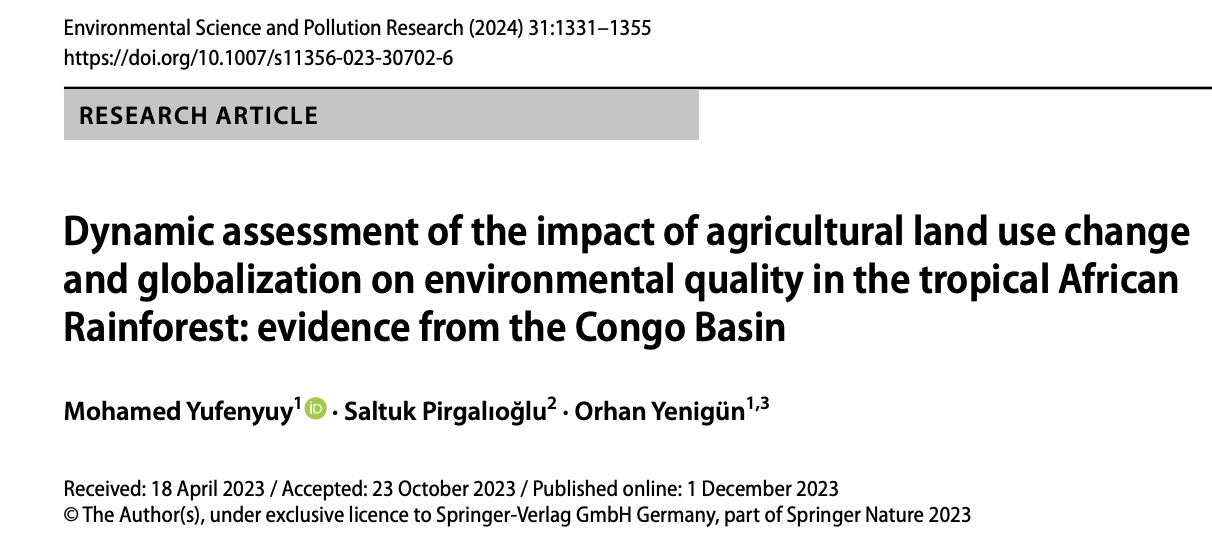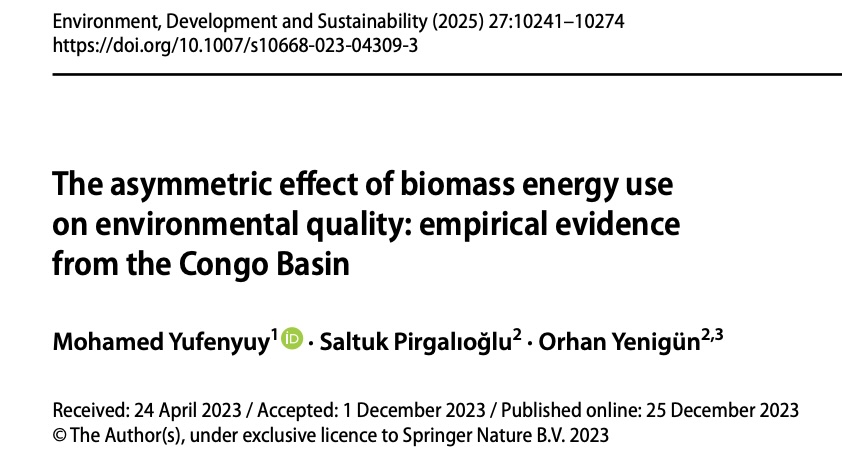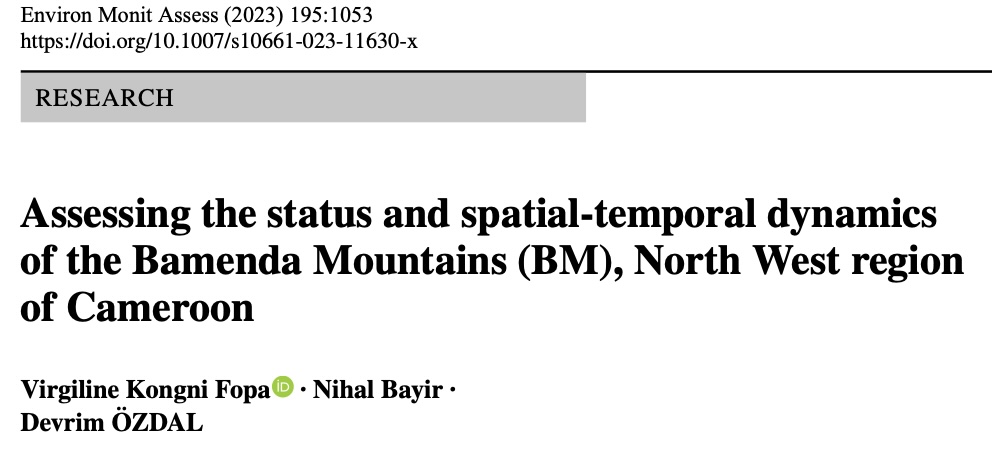EUL collaborates with international universities, organizations and research teams across Africa, Türkiye, and Europe to collect large-scale environmental, climate, and socio-economic datasets. These studies use remote sensing, GIS, econometric modelling, and satellite data (e.g., USGS Landsat, FAO, and World Bank datasets) to quantify SDG-relevant indicators such as land-use change, biomass energy transition, and carbon emissions.
EUL academics collaborate with international partners to analyse and compare sustainable solutions in climate action, renewable energy, environmental management, and sustainable agriculture.
Multi-country studies on agricultural land-use change, biomass energy, and globalization impacts on environmental quality, published in high-impact international journals (e.g., Environmental Science and Pollution Research, Environment, Development and Sustainability), produce data-driven models and policy frameworks that inform global best practices for sustainable development and climate resilience.



